A Complete Guide to Choosing the Best Drinking Water Purification Equipment for Your Needs
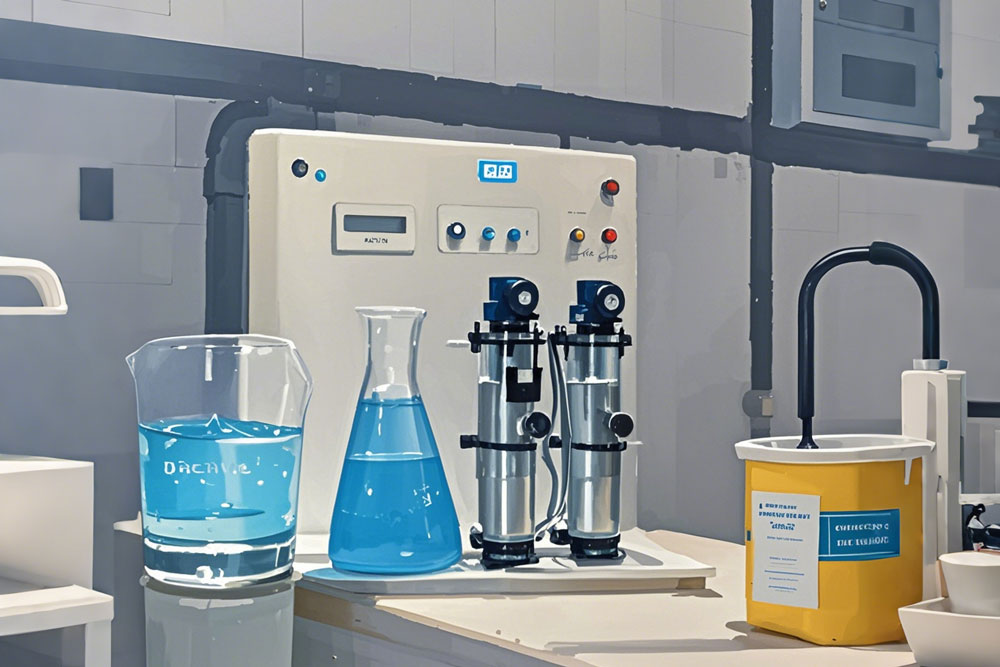
Introduction to Drinking Water Purification Equipment
Safe and clean drinking water is a cornerstone of health and vitality. Whether sourced from a municipal supply or a private well, water often requires treatment to meet safety and taste standards. Drinking water purification equipment serves as an indispensable ally in this mission, removing harmful contaminants while enhancing the flavor and quality of water. This guide delves deep into understanding, selecting, and maintaining these systems to ensure a lifetime of pure hydration.
Understanding Drinking Water Purification
What Is Drinking Water Purification Equipment?
Drinking water purification equipment comprises a range of devices designed to eliminate impurities and contaminants from water. These systems employ advanced technologies to target bacteria, viruses, heavy metals, sediments, and other pollutants. From small countertop units to industrial-scale solutions, these systems ensure the water you consume is not only safe but also palatable.
Why Is Water Purification Important?
Water purification safeguards against waterborne diseases, such as cholera and typhoid, caused by pathogenic organisms. Beyond health, purified water has an improved taste and smell, free from chlorine or sulfur odors. Moreover, it complies with health standards, giving you peace of mind with every sip.
Common Contaminants in Drinking Water
Water contaminants can be biological, chemical, or physical. Microorganisms like E. coli and Giardia pose health risks, while chemical pollutants such as lead, arsenic, and pesticides can cause long-term harm. Physical impurities, including sand and rust, affect water clarity and taste. Recognizing these threats is the first step in combating them effectively.
Types of Drinking Water Purification Systems
Reverse Osmosis Systems
Reverse osmosis (RO) systems are highly efficient, using a semipermeable membrane to remove dissolved solids and contaminants. Ideal for eliminating heavy metals, nitrates, and fluoride, RO systems are a popular choice for comprehensive purification.
Ultraviolet (UV) Purification
Harnessing the power of ultraviolet light, these systems neutralize bacteria and viruses without the need for chemicals. UV purification is particularly effective in disinfecting water while preserving its natural composition.
Activated Carbon Filters
Activated carbon filters excel at removing chlorine, organic compounds, and unpleasant odors. By absorbing impurities, they ensure water tastes fresh and clean, making them a staple in many purification setups.
Ion Exchange Systems
Ion exchange systems address water hardness by replacing calcium and magnesium ions with sodium or potassium. This method prevents scale buildup and enhances the efficiency of appliances like water heaters and coffee makers.
Distillation Systems
Distillation systems purify water by boiling it and condensing the steam, leaving impurities behind. This method is effective against most contaminants, including salts and heavy metals, though it’s energy-intensive.
Combination Systems
Combination systems integrate multiple purification methods, such as RO and UV, to deliver comprehensive water treatment. These systems cater to diverse water quality challenges, ensuring optimal results.
Key Features to Look for in Water Purification Equipment
Filtration Efficiency and Standards
Choose systems certified by reputable organizations like NSF or WQA, ensuring they meet stringent purification standards. High-quality filtration is critical for effective contaminant removal.
Flow Rate and Capacity
The system’s capacity should align with your household or commercial water consumption needs. Consider flow rate specifications to ensure sufficient purified water is available when required.
Ease of Maintenance
Opt for systems with user-friendly maintenance features, such as easily replaceable cartridges and filter change indicators. Simpler upkeep translates to better long-term performance.
Portability and Installation Requirements
For flexibility, consider portable designs or systems requiring minimal installation. For more permanent solutions, assess whether professional setup is necessary.
Energy Efficiency
Energy-efficient systems save on operational costs while minimizing environmental impact. Look for equipment designed to balance performance with sustainability.
Selecting the Right System for Your Needs
For Residential Use
Countertop, under-sink, and faucet-mounted systems are excellent for homes. These options are compact and efficient, catering to varying family sizes and water quality challenges.
For Commercial and Industrial Use
High-capacity systems are essential for businesses and factories. They offer robust filtration to meet large-scale water demands without compromising quality.
Special Considerations for Rural and Remote Areas
Areas with limited infrastructure often require specialized solutions. Systems with advanced sediment filters or solar-powered purification can address unique challenges in such locations.
Top Brands and Models of Drinking Water Purification Equipment
Market Leaders in Water Purification Technology
Brands like Brita, Aquasana, and Culligan have earned trust for their innovation and reliability. Their products cater to a broad spectrum of needs, from basic filtration to advanced multi-stage purification.
Affordable Options for Every Budget
Affordable doesn’t mean sacrificing quality. Options like PUR and ZeroWater deliver excellent performance without breaking the bank, ensuring accessibility to clean water.
High-Tech Models with Advanced Features
Cutting-edge models incorporate smart technology, offering features like real-time water quality monitoring and app-controlled settings. These innovations add convenience and precision to purification.
Installation and Setup of Purification Equipment
Step-by-Step Installation Guide
Installation varies by system but typically involves connecting to a water supply, mounting the unit, and flushing the filters. Follow manufacturer instructions for a smooth setup process.
Common Installation Challenges and Solutions
Space constraints, plumbing compatibility, and water pressure issues are common hurdles. Simple adjustments, like using adapters or repositioning units, can resolve these problems effectively.
When to Seek Professional Help
For complex systems or if you’re uncertain about installation, hiring a professional ensures safety and optimal performance.
Maintenance and Longevity of Water Purification Systems
Daily Maintenance Tips
Regularly clean system components, check for leaks, and monitor water quality to ensure consistent performance. Small efforts can prevent major issues.
Filter Replacement Schedules
Adhere to manufacturer guidelines for replacing filters. Timely changes maintain filtration efficiency and prevent buildup of impurities.
Troubleshooting Common Issues
Reduced water flow or unusual tastes may indicate clogged filters or membrane damage. Address these promptly to restore functionality.
Signs Your System Needs an Upgrade
Frequent maintenance issues or persistent water quality problems signal it may be time to invest in a newer, more advanced system.
Environmental and Economic Benefits
Reducing Plastic Waste
Switching from bottled water to purification systems significantly reduces plastic waste, contributing to environmental conservation.
Long-Term Cost Savings
Though purification systems require an initial investment, the long-term savings on bottled water make them cost-effective.
Sustainability Considerations
Energy-efficient designs and eco-friendly materials make modern systems a greener choice for conscientious consumers.
FAQs About Drinking Water Purification Equipment
What System Is Best for Hard Water?
Reverse osmosis and ion exchange systems are highly effective for treating hard water, softening it while removing impurities.
Do Purification Systems Remove Fluoride?
RO systems and distillation units excel at removing fluoride, ensuring water safety in regions with high natural fluoride levels.
How Do I Know If My Water Needs Purification?
Conduct simple water tests at home or seek professional analysis to identify contaminants and determine the right purification approach.
Are Purification Systems Safe for Children?
Yes, most systems are safe and even beneficial for children, providing clean, contaminant-free water essential for their growth and development.
Case Studies: Success Stories with Water Purification
Transforming Community Water Supplies
In underserved regions, purification systems have turned unsafe water into a reliable source, improving health and livelihoods.
Residential Users’ Experiences
Homeowners often report improved water taste, reduced appliance damage, and peace of mind after installing purification systems.
Commercial Applications
From restaurants to manufacturing plants, businesses benefit from high-quality water, enhancing product quality and operational efficiency.
Future Trends in Drinking Water Purification
Smart Technology Integration
Future systems are embracing connectivity, allowing users to monitor and control purification remotely through mobile apps.
Innovative Filtration Materials
Emerging materials like graphene and nanotechnology promise enhanced filtration, targeting even the smallest impurities.
Focus on Water Scarcity Solutions
Advanced systems, such as atmospheric water generators, are addressing the growing challenge of water scarcity with innovative approaches.
Conclusion: Investing in Clean Water
Pure drinking water is not a luxury—it’s a necessity. By investing in high-quality purification equipment, you safeguard your health, contribute to sustainability, and enjoy the peace of mind that comes with knowing your water is clean. Evaluate your needs carefully and choose a system that aligns with your goals, ensuring a healthier, happier future for your household or business.
Must-Read Blogs For Chain Restaurants Owner

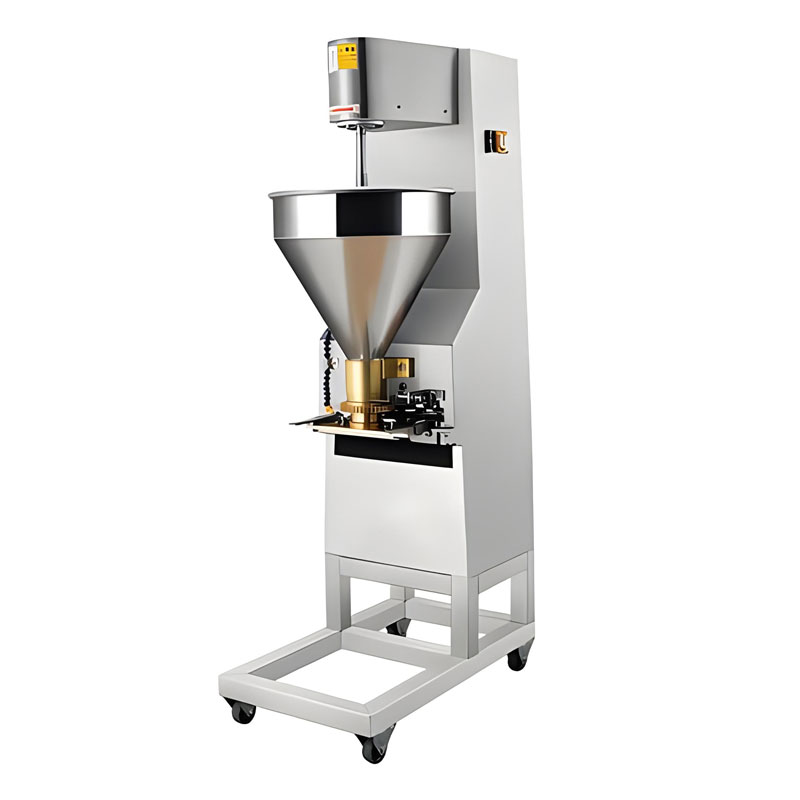
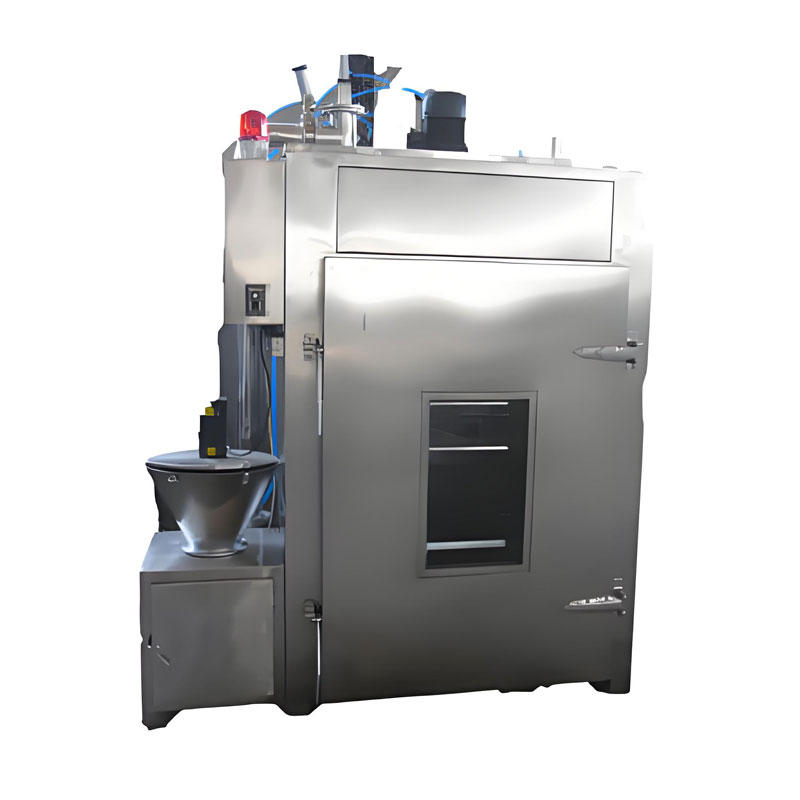
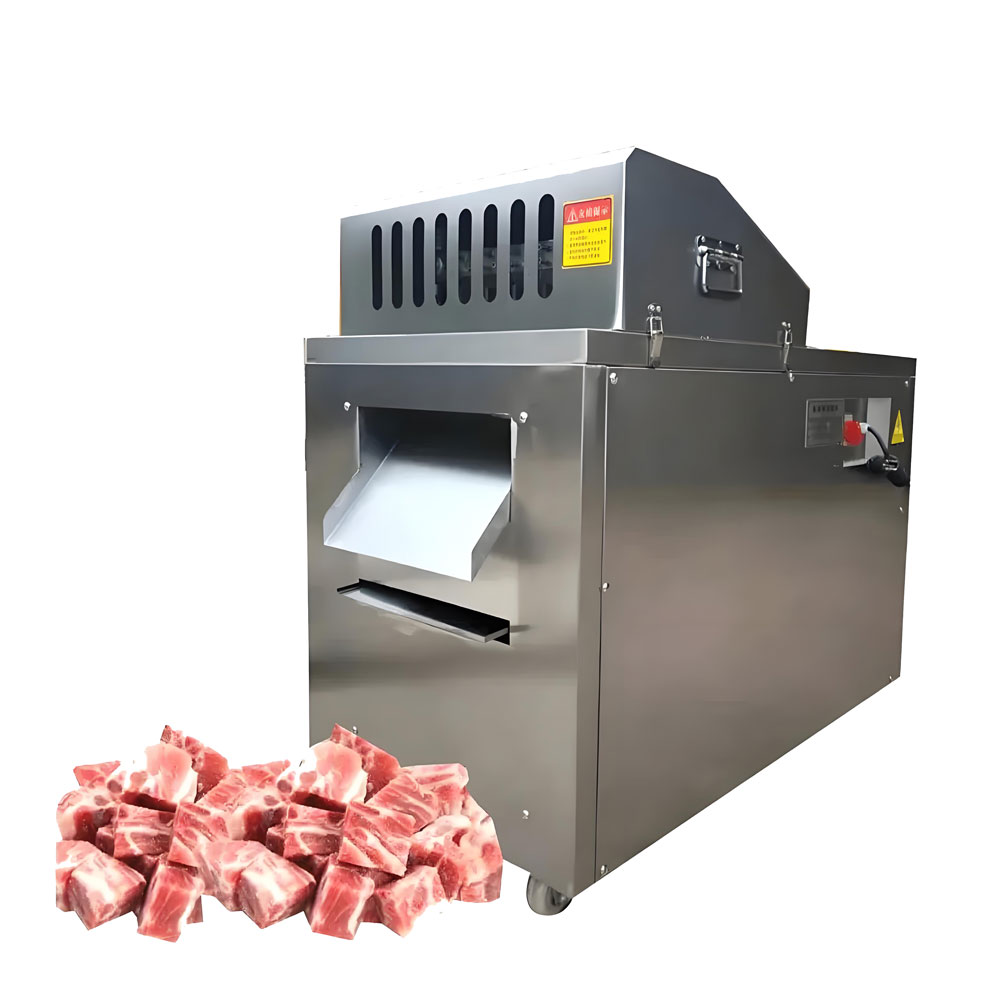
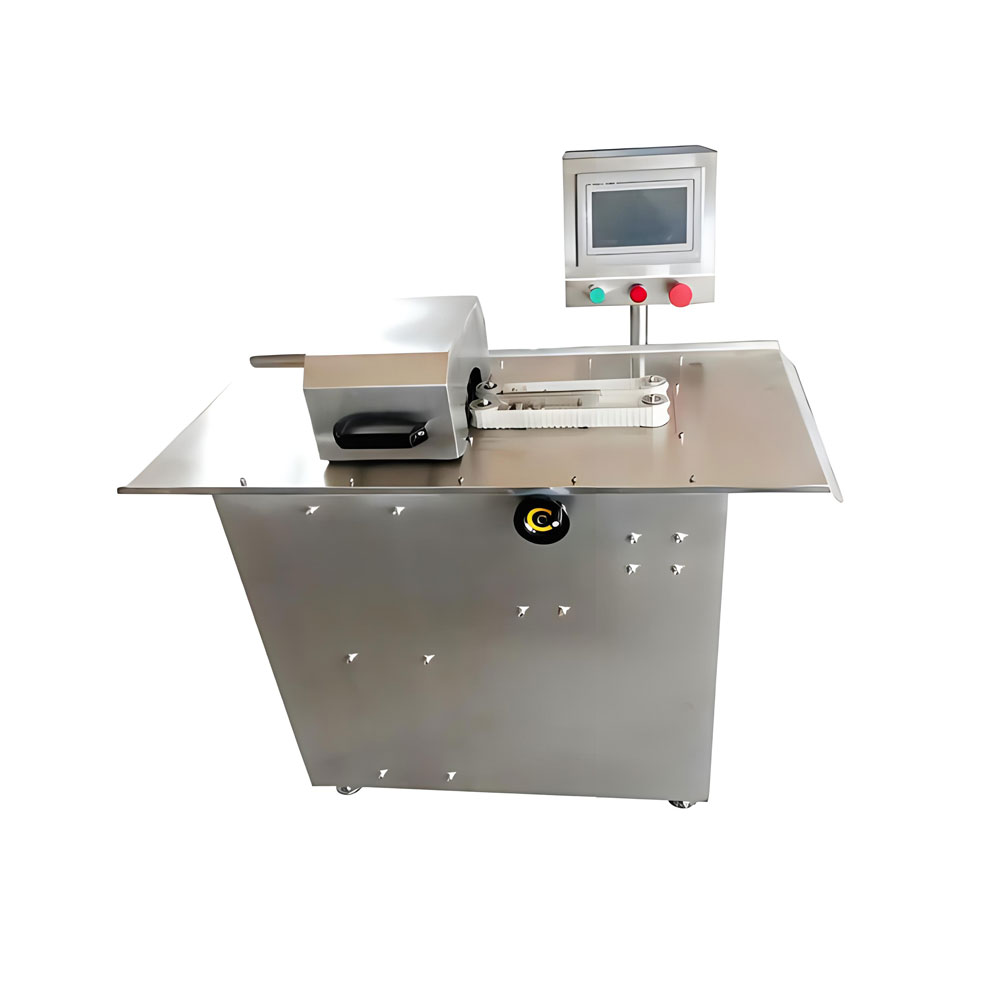
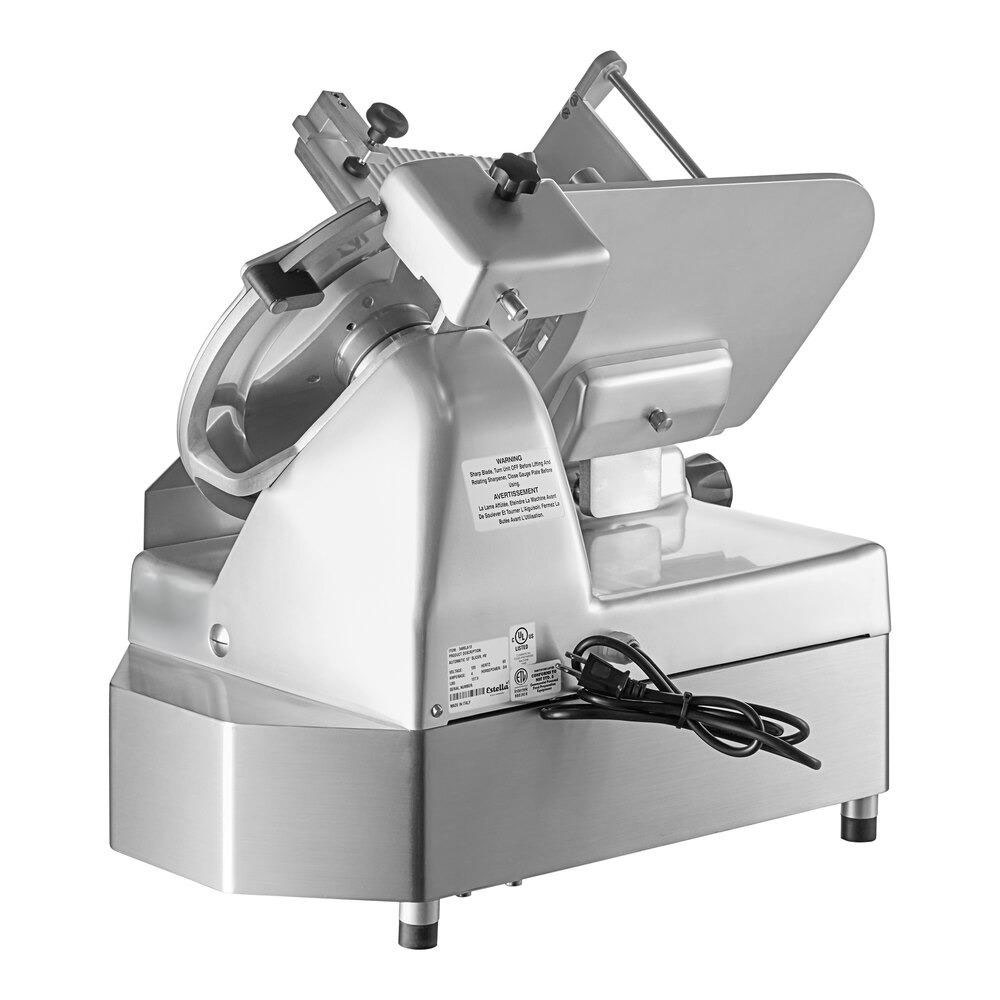
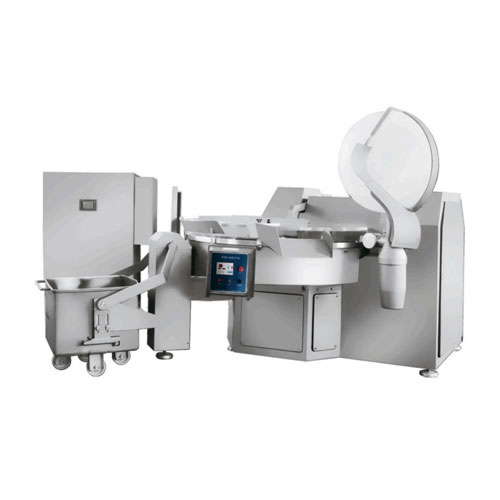
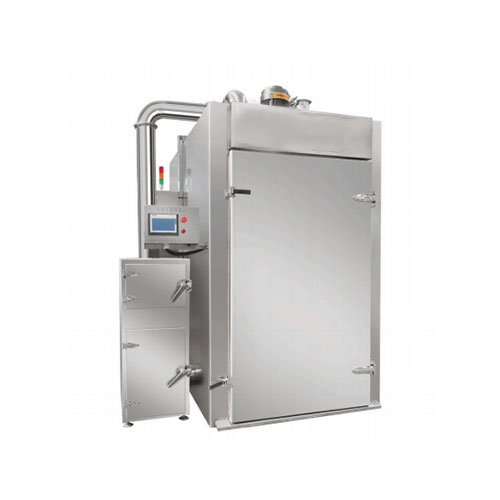
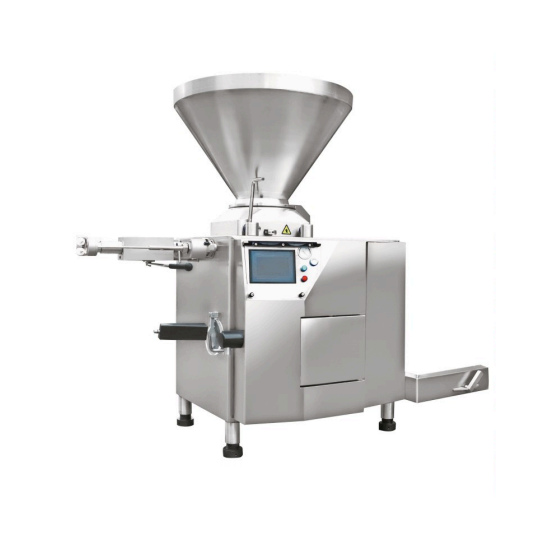
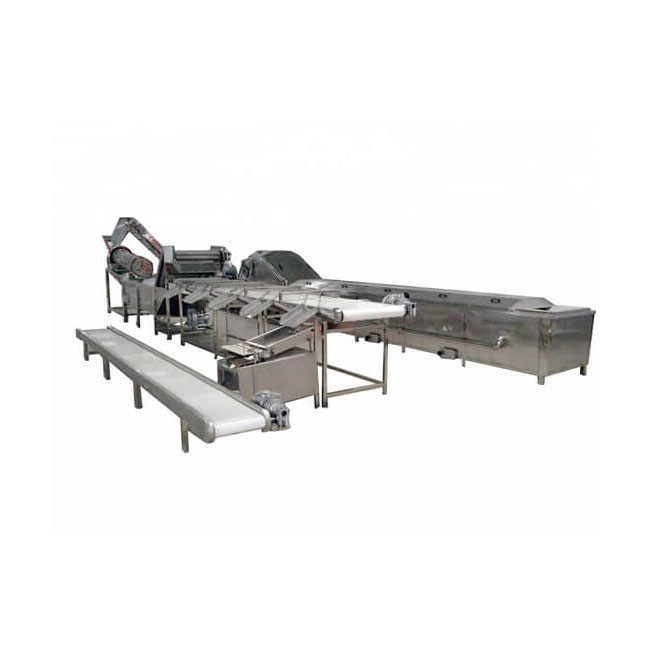
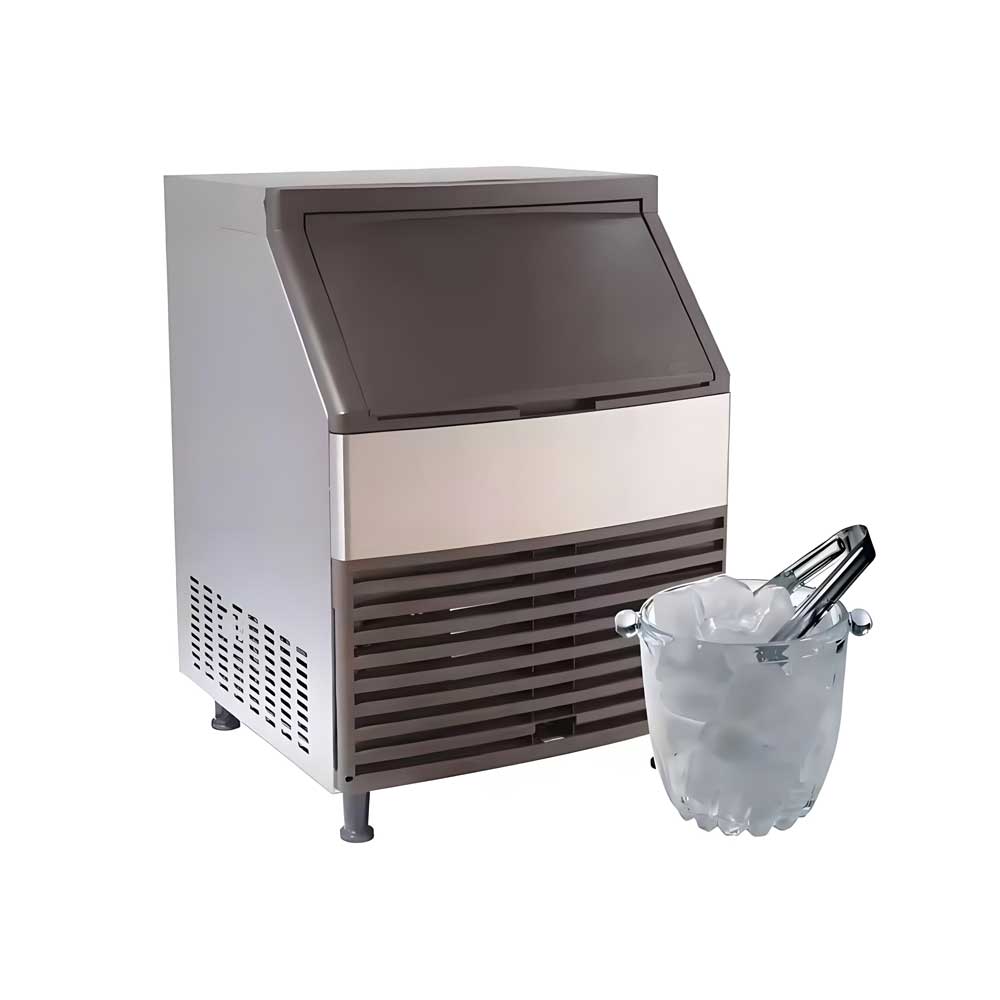
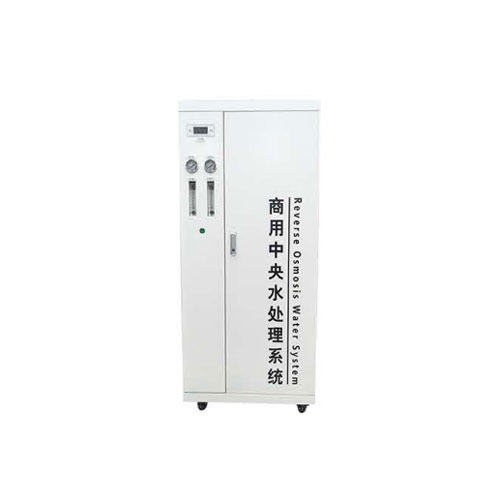 YL-W-06 Commercial Water Purification Equipment
YL-W-06 Commercial Water Purification Equipment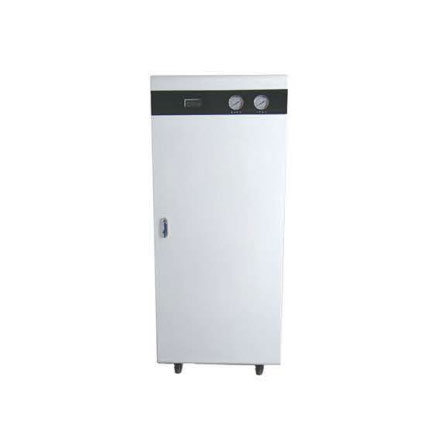 YL-W-05 Commercial Water Purification Equipment
YL-W-05 Commercial Water Purification Equipment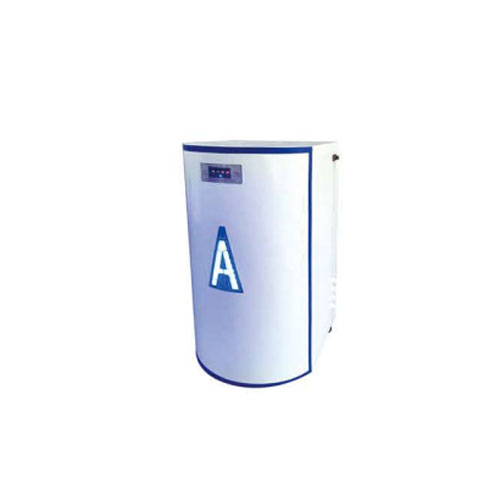 YL-W-04 Commercial Water Purification Equipment
YL-W-04 Commercial Water Purification Equipment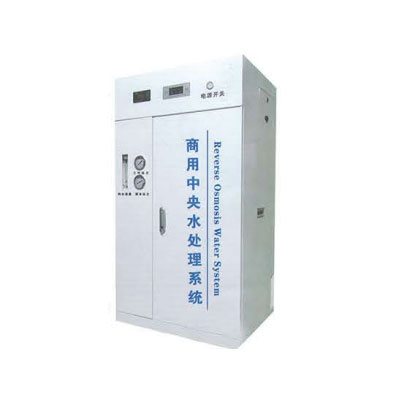 YL-W-03 Commercial Water Purification Equipment
YL-W-03 Commercial Water Purification Equipment
Ready to Get Started?